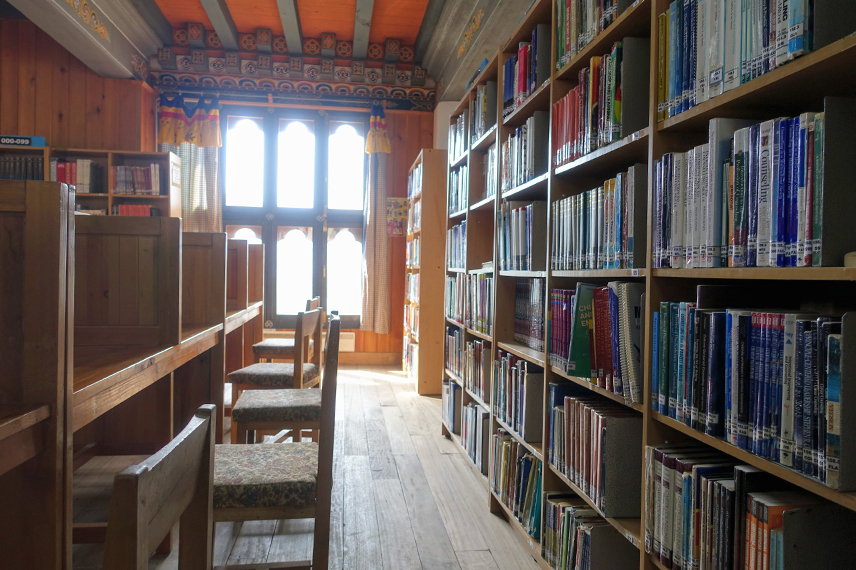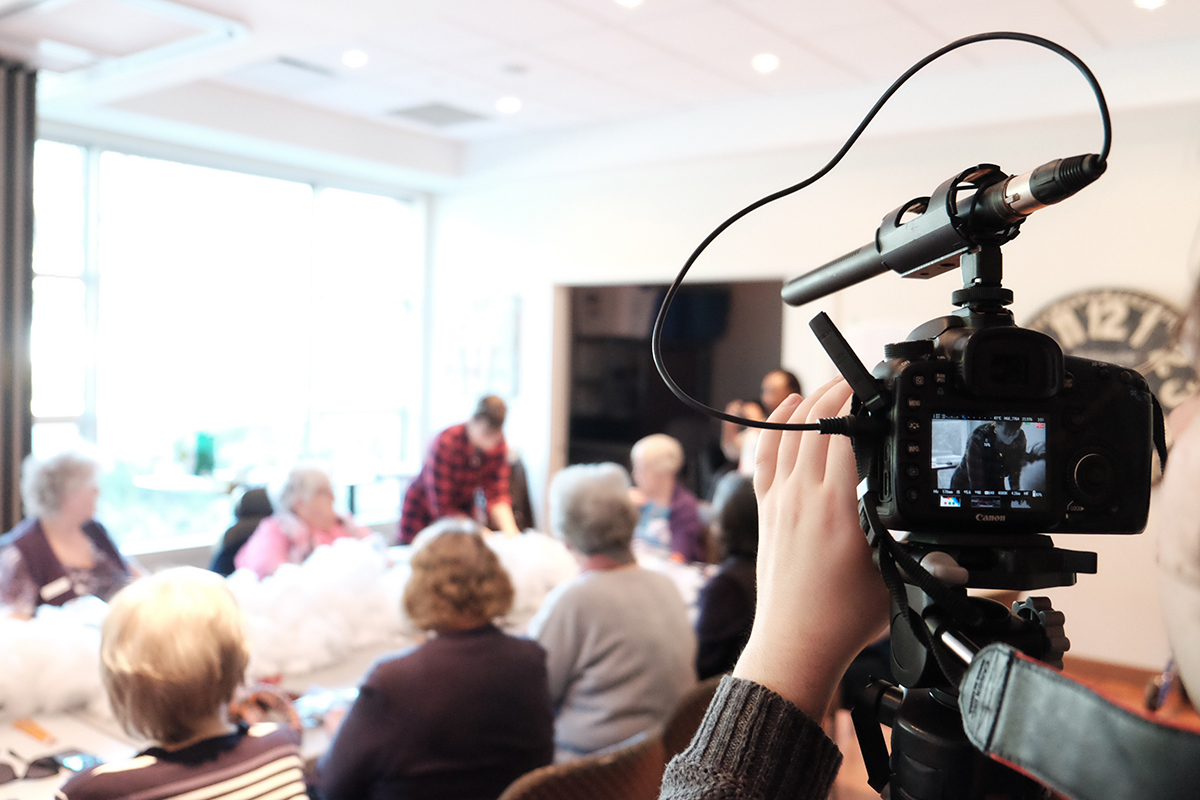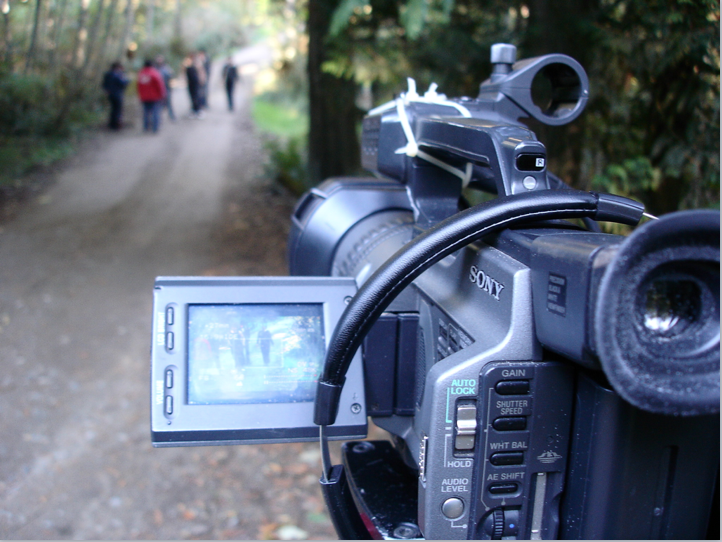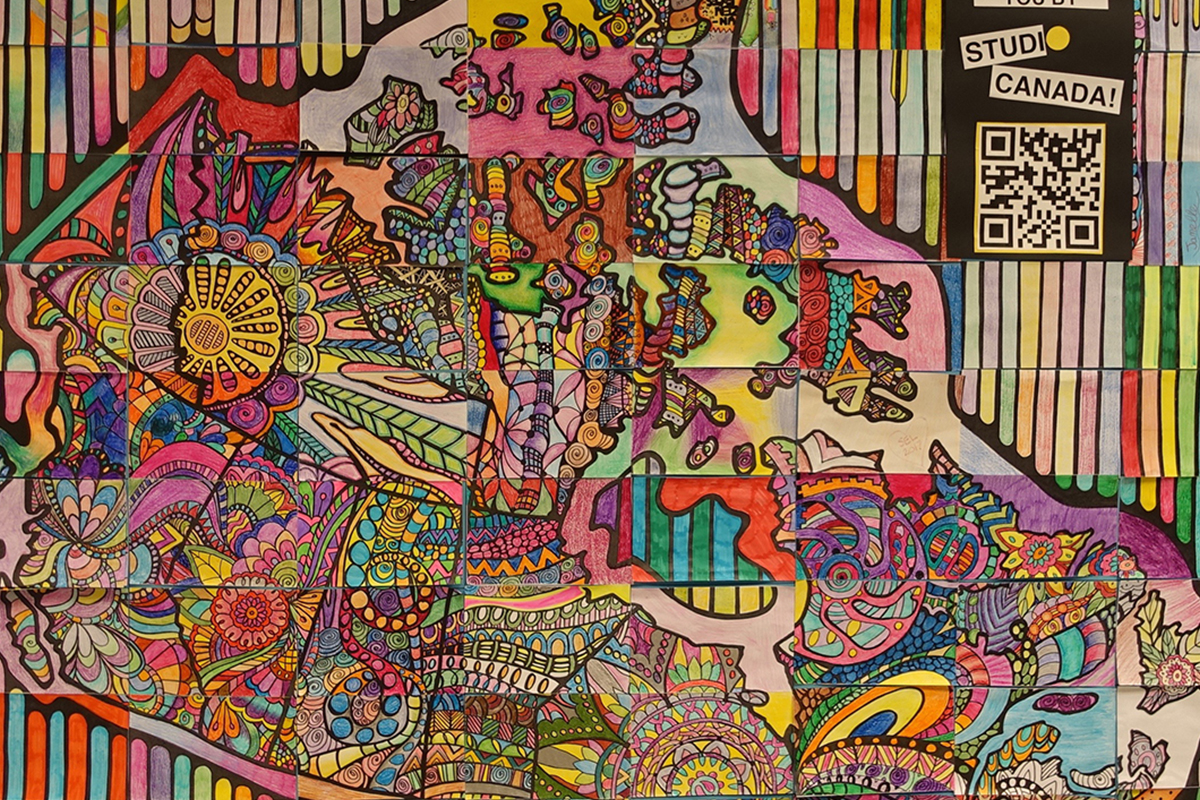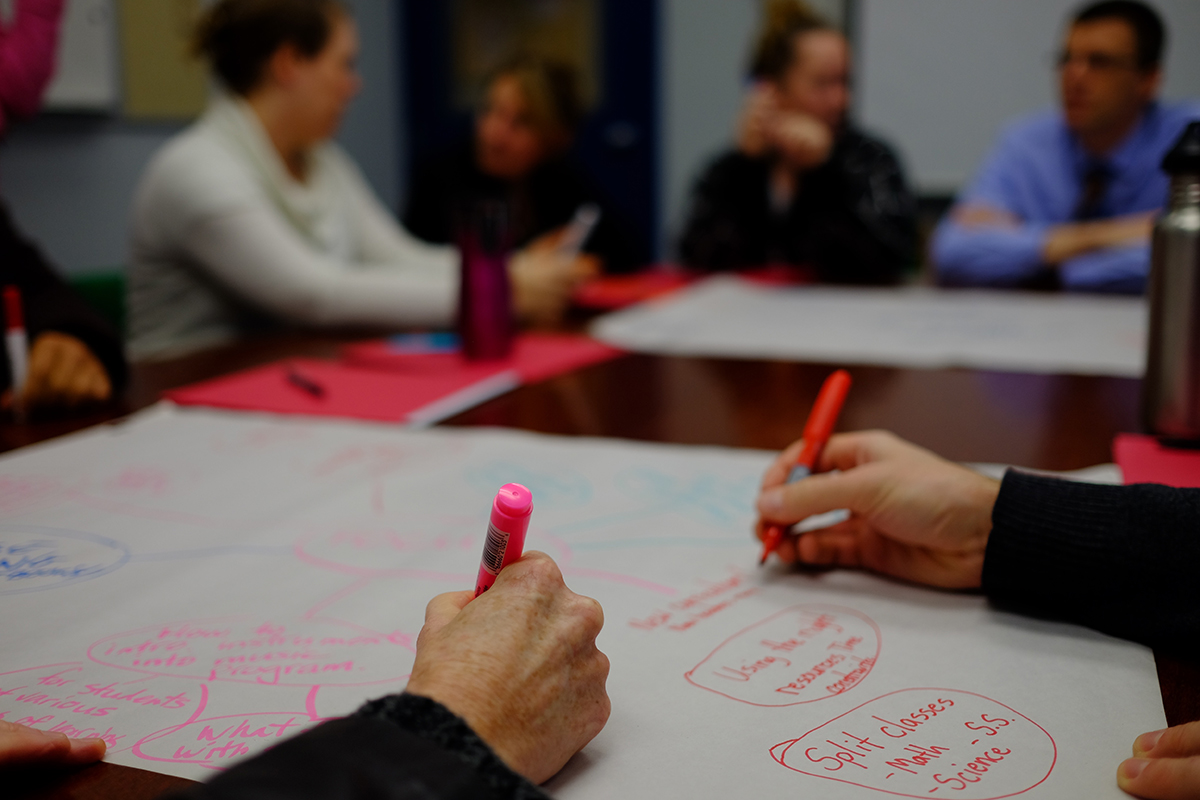Research Projects
Project Leader
2023–2025
Re-storying community: Arts-based digital storytelling for community inquiry
The Tri-agency Institutional Programs Secretariat: New Frontiers in Research Fund – Special Call: Research for postpandemic recovery. | $493,608
Principal investigator: Ching-Chiu Lin (Canada)
Co-investigators: Narottam Aryal (Nepal); Bertram Bruce (United States); Chimi Dema (Bhutan); Udgum Khadka (Nepal); Julian Lawrence (United Kingdom); Kezang Sherab (Bhutan); Bhawana Shrestha (Nepal); Kristiina Kumpulainen (Canada); Rita Irwin (Canada); Cher Hill (Canada)
Collaborators: Smriti Karanjit Manandhar (Nepal); Suzanne Smythe (Canada); Anita Sinner (Canada); Kezang Choden (Bhutan); Kinley Bidha (Bhutan)
Re-storying Community uses arts-based digital storytelling to foster sustainable community development. Collaborating with Bhutan, Canada, and Nepal, this project aims to generate knowledge through interdisciplinary research and promote community resilience via virtual exchanges and various multimedia platforms.
2020–2022
Storied lives: An impact study of COVID-19 on seniors and their community support services
Social Sciences and Humanities Research Council of Canada (SSHRC) Partnership Engage Grant (PEG) COVID-19 Special Initiative | $25,000
Ching-Chiu Lin, Principal Investigator
Quincy Wang, Co-investigator
In partnership with MOSAIC, this study aims to bring academic researchers and community practitioners together in rich dialogues about arts-based knowledge co-creation and dissemination. The focus is on capturing seniors’ complex views and experiences during the pandemic and producing research-action synergy to support community service networks for seniors.
2016–2021
The Transversality Hub: Towards a new mode of learning for community arts practice
Social Sciences and Humanities Research Council of Canada (SSHRC) Insight Grant | $139,066
Ching-Chiu Lin, Principal Investigator
Rita Irwin, Anita Sinner, and Peter Grimmett, Co-investigators
This study investigates the role of community as a space of knowledge production, as well as how the arts help produce such a space as an integral part of community arts practice. We employ a mixed-method approach: case studies, visual ethnography, and archival research. This investigation intends to provoke new understandings of community arts practice and examine its potential for stimulating sustained social change and innovation.
2012–2015
Youth arts practice as the production of knowledge for community development
Social Sciences and Humanities Research Council of Canada (SSHRC) Insight Development Grant | $73,257
Ching-Chiu Lin, Principal Investigator
Mixing a participatory approach to ethnographic research with image-based research methods, this research investigated how youths’ arts practice operates as a critical mode of inquiry into the nature and dynamics of knowledge production: both within the community and in the broader cultural arena.
2011-2013
Media Arts for Inquiry: Investigating Youth and Community Development through Young People’s Creative Practice in Community Media Arts Centres
Social Sciences and Humanities Research Council of Canada (SSHRC) Postdoctoral Research Fellowship | $90,000
Ching-Chiu Lin, recipient and researcher
This study examined how the media arts foster visual literacy practices and promote community engagement. The focus was young people aged 14–20 in two community-based media arts centres in Vancouver. Bringing together community, technology, art, and literacy, this research explored young peoples’ capacities to construct meanings in their lives and communities through their digital participation and creative practice in informal learning setting.
Project Team Member
2016–2019
O Canada! Reimagining Canadian Identity: A Cosmopolitan Approach to Teaching and Learning
Social Sciences and Humanities Research Council of Canada (SSHRC) Insight Grant; $199,002 (Rita Irwin, Principal Investigator; Geogre Belliveau, Peter Gouzouasis, Carl Leggo, and William Pinar, Co-investigators; Ching-Chiu Lin, Collaborator)
This research investigated the arts as spaces to document as well as reimagine Canadian identity by exploring a cosmopolitan approach to teacher education and student learning. This is an artistic and pedagogical intervention situated in an artist-in-residence initiative within an inquiry-based teacher education program at The University of British Columbia (UBC).
2014–2018
Pedagogical Assemblage: Building and sustaining capacity through mentoring programs in British Columbia.
Social Sciences and Humanities Research Council of Canada (SSHRC) Partnership Development Grant; $200,000 (Rita Irwin, Principal Investigator; Linda Farr Darling, Co-investigator; Ching-Chiu Lin, postdoctoral researcher).
Partners: BC ministry of Education, BC Teachers’ Federation (BCTF), BC School Superintendents Association (BCSSA), and Teacher Education Office, UBC. Project website: http://mentoringbc.edcp.educ.ubc.ca
Pedagogical Assemblage brought together the Teacher Education Office at UBC, British Columbia’s Ministry of Education, the British Columbia School Superintendents’ Association, and the British Columbia Teachers’ Federation to establish a leadership network. The goal was to create strategies and policies to support teacher mentorship and complement the BC Education Plan’s aim to enhance teaching and learning.
2012–2015
Citizens of Tomorrow: Investigating the Impact of Community Media Arts Practice on Marginalized Urban Youth
Social Sciences and Humanities Research Council of Canada (SSHRC) Insight Grant; $215,340 (Kit Grauer, Principal Investigator; Juan C. Castro, C; Co-investigator; Ching-Chiu Lin, Collaborator)
This study investigated marginalized the media arts practice of urban youth in community digital-mediated arts programs and how media arts impacted their identity, culture, and wellbeing. This study took place in four community media-arts learning sites located in two culturally dynamic and geographically diverse urban environments: Vancouver, British Columbia and Montréal, Québec.

